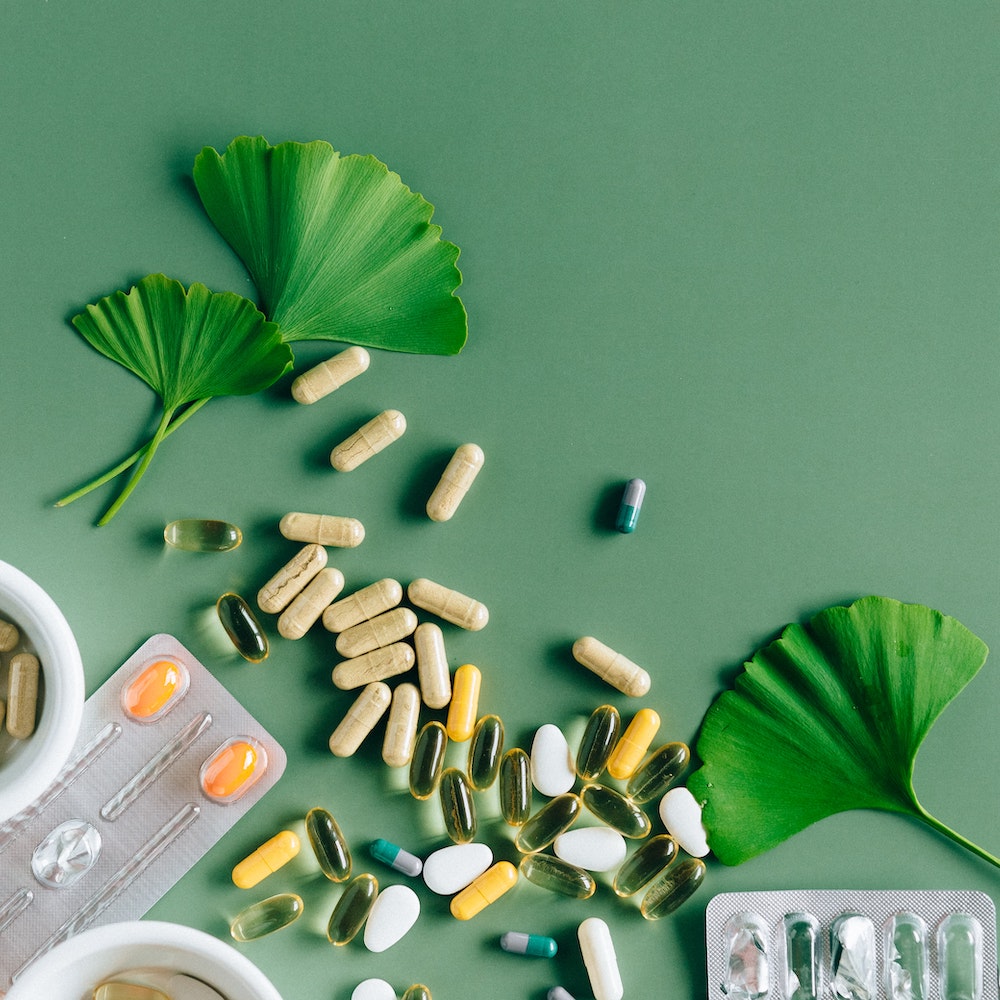BLOG
ANTIINFLAMMATORY LIFESTYLE
ONLINE CONSULTATION
If you need a more personal approach I’m just a phone call away.
Meet Sally!
In this video Sally will give you an introduction to the blog about antiinflammatory lifestyle.
Anti-inflammatory actions
Anti-inflammatory foods
Which oils are good to eat
Did you know …
- So we know that inflammation is one of the body’s natural ways of protecting itself.
- But did you know that lifestyle factors are a significant contribution to inflammation and EVERYONE can benefit from eating and living in an anti-inflammatory way.
- Once upon a time inflammation was merely considered the body’s healing response.
- Now it’s under scrutiny as a key component of many diseases.
- Arthritis and inflammation have been linked for decades, but the inflammatory response is also taking centre stage in heart disease, cancer, diabetes, asthma and Alzheimer’s disease.
- Equally exciting is research is showing an association of inflammation with diet, activity and other lifestyle choices.
- NB! inflammation can be a good thing when you get a cut, burn or bruise but a problem when the inflammatory response doesn’t shut down, ie inflammation goes from being temporary, localized and protective to being chronic, possibly systemic and harmful.
- Persistent inflammation can cause changes in cells, contributing to premature cell death or the opposite zombie cells that won’t die.
- While some factors associated with increased inflammation can’t be altered, such as aging, there are MANY healthy lifestyle modifications, which will decrease inflammation.
- Comparing inflammation with fire, we know that in controlled amounts, fire keeps us warm and healthy, whereas too much fire can be destructive.
- But a continuous fire can also be destructive and low-grade chronic on-going inflammation is just that.
- This type of inflammation is often below pain threshold or in tissue that don’t register pain and will gradually contribute to many chronic health problems.
- Low-grade inflammation can keep the body’s tissues.
- from properly repairing, destroying healthy cells in arteries, organs, joints, etc.
Proinflammatory Actions and Conditions
The following areas need to be resolved to decrease the production inflammation.
Unresolved injuries
- joint pain
- muscle pain
- headaches
Chronic infections
- colds and flu
- herpes sores
- etc.
Chronic allergies
- Gluten
- Milk and milk products
- Eggs
- Nuts
- Animal hair
- House dust
- Etc.
Chronic gut problems
- A significant portion of immune cells (approx. 70%) are found in the gut
- Inflammatory diseases can start in the gut
– IBS / IBD
– Crohn’s
– Ulcerative Colitis
– Leaky gut
- Can lead to an autoimmune reaction which can progress to systemic inflammation.
Unstable blood sugar
- Increases inflammation
Excessive endurance training
- Increases inflammation
Stress
- increases inflammation
- impairs immune defence
- especially in the gut
High levels of visceral fat (Check your waist size)
- produces inflammatory molecules, and is connected to:
– Increase risk of CV problems
– Type 2 diabetes
– Poor liver function
Smoking
- Nothing good to say about smoking
Excess Drinking
- More than 2 units per day
- Although studies actually show that up to 7 drinks per week decreased inflammation marker CRP when compared to those who didn’t drink.
Pro-inflammatory foods
Consuming high amounts of the following has been clinically proven to increase inflammation.
Sugars
- high-fructose corn syrup
- processed starches
Vegetable and Seed oils / Margarines, such as:
– Soyabean
– Cotton Seed
– Corn/Maize
– Sunflower
– Safflower
- Contain high levels of oxidised omega 6 fats and trans-fats.
- Remember omega 6 fats create inflammation, so why would you eat high amounts of them?
Processed meats and fats
- Sausages, bacon, etc,
Excessive intake of alcohol
- More than 2 units per day
Careful with the exaggerated intake of the following foods as they contain antinutrients and Omega 6 fatty acids known to increase inflammation and oxidative stress and create gut problems.
Gluten
- The protein in wheat, rye, barley, spelt, Graham flours and their products
Anti-nutrients
- Lectins, phytates, oxalates in greens, pulses, grains, seeds and nuts, etc.
RAW Vegetables
- Broccoli, kale, Brussel sprouts, cabbage, cauliflower, etc., cooking reduces antinutrients
Careful with any food that is a Seed
- Nuts and Seeds – Soak / sprout / roast to reduce antinutrients before
- Grains – Soak / sprout to reduce antinutrients before consuming
- Pulses – Chick peas, soyabeans and other beans, lentils, etc., must be soaked and boiled to reduce antinutrients before consuming.
Antiinflammatory actions
Watch Your Weight
- Maintain a stable blood sugar
- Intermittent fasting
- Increase fat burning
Stop Eating Foods with Ingredient Labels
- How many foods do you eat in a week with a comprehensive ingredient label?
- I’m not talking about the labels on fresh produce
- I’m talking about processed products
- Removing these products will absolutely decrease if not entirely eliminate your intake of seed oils, processed sugars and grains
- And this will significantly improve inflammation.
- Hey it doesn’t matter if the label says organic, natural, farm fresh, small batch, low fat, high fat – these are all just buzzwords they are still processed
- And most of them are in the middle aisles of the supermarkets
Stay active
- Aim for 20- 30 minutes activity every day, such as:
– Go for a walk
– Go for a jog
– Studies show that a 20-minute session of moderate exercise can stimulate the immune system, producing an anti-inflammatory cellular response.
Watch your stress aka increased need for physical, mental, emotional energy
- Follow Cortisol’s 24 hours cycle as closely as possible – 6am – 6pm activity / 6pm – 6am resting
- A good night’s sleep from 10pm
- Treatments that can help
- Acupuncture type ’dry needling’ is excellent for muscle and joint
- TCM acupuncture for systemic inflammation
Alcohol
- Drinking up to 7 drinks per week decreases inflammation blood marker CRP.
Anti-inflammatory foods
Eating the following foods has been shown to reduce inflammation.
Organ meats
- Liver, kidney, etc contain more nutrients per gram weight than any other foods and no antinutrients
- Kidneys contain omega 3 fatty acid
- Liver is a good source of vitamin A, folate, and vitamin B12, which contribute to a strong immune system.
Bone Broth
- Contains many anti-inflammatory nutrients, such as collagen
Amino Acids
- Leucine
- Isoleucine
- Valine
- Found in especially in dairy, meat, and eggs
High fat fruits
- Avocado and olives
Healthy fats
- Olive oil, coconut oil and organic butter
Oily fish
- Sardines, herring, mackerel and anchovies
- Salmon, but due to breeding methods, toxic metals, plastics, etc their fats can be less healthy even increase inflammation.
- BTW – The amount of EPA in the ’farmed’ fish is often higher due to microalgae in the feed
Sulphur foods
- Egg
- Grass fed meats
Sea vegetables
- Seaweed and kelp
Deeply coloured fruits
- Berries, papaya, mango, etc filled with flavonoids.
Natural Anti-inflammatories
Omega 3 fatty acids EPA and DHA
– Block the production of PGE2 and LBT4
– I recommend EQ Pure Artic Oil or Pure Vegan Oil
Sulforaphane
– A sulphur-rich compound found in cruciferous vegetables decreases PGE2 production
Alpha Lipoic Acid
– A fatty acid, made in the body is a strong antioxidant and anti-inflammatory molecule.
Grape Seed Extract Resveratrol
– Is a member of a group of plant compounds called polyphenols, known for its anti-inflammatory and antioxidant effects, especially when combined with curcumin
MSM – organic sulphur, Chondroitin & Glucosamine Sulfate
– Buy yours here OR here OR here.
Herbal Anti-inflammatories
All of these are shown to reduce inflammation and inflammatory markers in the blood
Perfect for homemade herbal teas and juices or as a supplement
Ginger
– reduces CRP and TNF-alpha
– Buy here
Turmeric
– reduces IL-6
– Buy here OR here
Cardamom
– reduces IL-6, CRP and increases antioxidants
Black pepper
– reduces PGE2 and TNF-alpha
Ginseng
– reduces IL-6, CRP and THF-alpha
– Buy here
Green Tea
– reduces inflammatory symptoms
– Buy here
Rosemary
– reduces inflammatory symptoms
– Buy here
Eucalyptus
– reduces inflammatory symptoms
Quercetin
– reduces IL-10 and THF-alpha
Propolis
– reduces IL-6, CRP and THF-alpha
– Buy here OR here
Flavonoids
– reduce oxidative stress
Cannabinoids – Cannabidiols/CBD, Cannabigerol/CBG and 9-Tetrahydrocannabinol/THC
– reduce IL-2, TNF-αlpha, and IL-6.
Topical Anti-inflammatories
Combinations of the following can be effective for local application.
Menthol
– cooling and temporary pain relief
Arnica
– cooling
Lidocaine
– numbing
Hemp oil
– anti-inflammatory
Capsaicin
– pain killer
Camphour
– decreases swelling and redness.
Medical Anti-inflammatories aka Pain Killers
NSAID – Non-Steroid Anti-Inflammatory Drugs
- Popular over the counter medication, such as Ibuprofen.
- Clinical trials document them to be less effective than natural anti-inflammatories
- Possible NSAID side effects:
1. Breakdown cartilage
2. Inhibit soft tissue and bone healing
3. Increase the risk for soft tissue, bone and sports injuries
4. Increased risk of abortion
5. Increased risk of foster malformation
6. Increased risk of breast cancer
7. Increased risk of intestinal and brain bleeding
8. Increased risk of thrombosis
Steroids – Cortisol
- Inhibit the release of the molecules that create inflammation.
- The endogenous hormone is the body’s major anti-inflammatory molecule
- Steroid side effects:
1. Increased breakdown of proteins, such as collagen, eg. skin and bone tissue to make glucose
2. High blood glucose levels
3. Insulin resistance
Opiates, such as Codeine, Morphine
- Psychoactive molecules that affect the Central, peripheral and gut nervous systems.
- One of the world’s oldest drugs, originating from the Poppy plant.
- Pain relief comes from the reduced perception of pain and increased pain threshold
- Opiate side effects:
1. Euphoria
2. Constipation
3. Reduced/shallow breathing
4. Exaggerated tranquillity
- The opiate Codeine is often used together with an NSAID, in products such as Tylenol, Nurafen, Paramol, etc.
Sulphur as an Anti-inflammatory
- Sulphur is in the top three abundant minerals found in the human body and plays important roles in hundreds of physiological processes, such as:
– helps with fat digestion and bile production
– helps with blood glucose regulation as it is a part of insulin
– forms collagen in connective tissue of cartilage
– forms keratin found in nails and hair.
– found in teeth, muscles, skin and bones.
– needed for the production of proteins and enzymes
– essential for phase 2 liver detoxification
– etc.
- Sulphur deficiency may be related to obesity, altered glucose metabolism, heart disease, and muscle wasting
- Found in the foods kid’s say ‘smell of fart’, such as:
– Eggs
– Garlic
– Onions
– Cabbage family
– Nuts
– Grass fed meat
– Seafood
- Found specifically in the amino acids:
– Methionine – essential
– Cysteine – conditionally essential
– And thereby all proteins that are made of these amino acids
- Bone broth is particularly good for sulphur (and other nutrients like magnesium, phosphorus, calcium, silicon, sulphur chondroitin and glucosamine).
- Epsom salt is magnesium sulfate, is easily absorbed through your skin:
– 1 to 2 cups of Epsom salt in a nice warm bath for increased relaxation
– Or soaking your feet in a foot bath of one part Epsom salt to two parts water
- Supplements like MSM / Methylsulfonylmethane, Glucosamine Sulfate, Chondroitin Sulfate are sulphur donors widely used in the treatment of arthritic pain and known to reduce inflammation, balance reactive oxygen species and modulate immune responses.
- 500 milligrams (mg) of glucosamine and 500 mg of MSM three times a day minimum 12 weeks for best results.
- Buy yours here OR here OR here.
WANT MORE?
CHECK OUT THE OTHER BLOGS ABOUT WEIGHT LOSS
ONLINE CONSULTATION
If you need a more personal approach I’m just a phone call away.
Questions? Please don't hesitate to contact me





